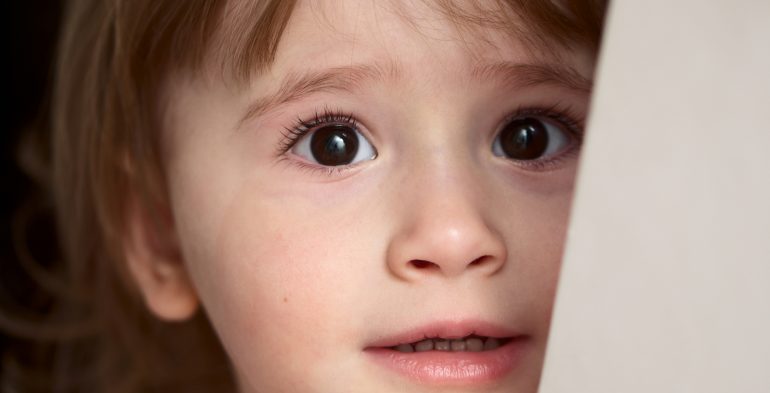
A pre-schooler is defined as a child who his old enough to walk and talk but who is too young to go to school. They are no longer a toddler. Generally this is a child between the ages of three and five.
What should my pre-schooler be able to do at this age?
Fine motor skills
Your pre-schooler between the age of three and four will be developing the use of fine motor skills to do things such as drawing with a crayon and using building blocks to create towers or six blocks or more. They will learn to play with toys with smaller moving parts and turn the pages of a child’s book one page at a time; they will start to twist tops off bottles and open door handles.
Gross motor skills
Your pre-schooler will learn to run and walk without tripping over their own feet, to jump and hop and briefly balance on one leg. They will start to climb stairs one foot after the other and to walk backwards safely. They will kick and throw a small ball and randomly catch a bigger ball. They will be able to start learning to pedal a tricycle or bicycle.
General behavior
Pre-school children are eager to experience the world and to learn, they are gaining independence and want to test things for themselves. Pre-schoolers want to establish themselves as separate from their parents and are busy developing their physical skills, language and communication and learning through play and interaction. They will begin the struggle to gain inner control of their behavior.
They will begin to test boundaries and might act very silly or use inappropriate language – be prepared for some testing behavior! It is usual for pre-schoolers to live vivid fantasy lives which they may find difficult to differentiate from reality and it is common at this age for fears to develop including separation anxiety from parents and significant care givers.
Pre-schoolers need firm and consistent boundaries and rules so that they clearly understand what is expected of them and what is and is not acceptable behavior.








